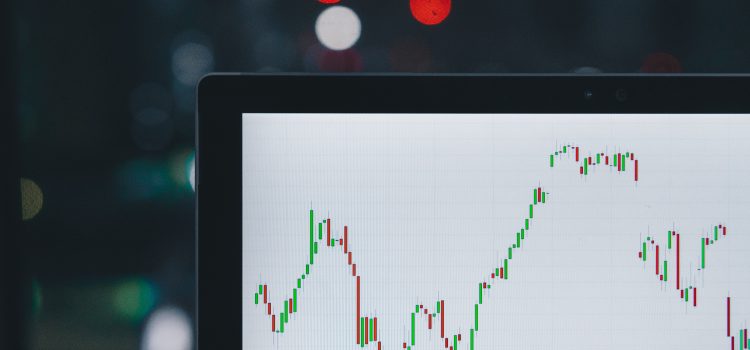
Have you heard the term “echo bubble” being thrown around recently? It’s a relatively new phrase, but it’s been gaining steam in the investment world. But what exactly is an echo bubble, and how does it impact stock market investing? In this blog post, we’ll explore these questions and more as we dive into the realities of investing in an echo bubble. Whether you’re a long-term investor or a short-term trader, understanding the underlying causes, impacts, and potential strategies to make money off of an echo bubble can help you make better decisions with your investments.
What is an Echo Bubble?
An echo bubble is a situation where the prices of assets continue to increase despite being overvalued. This can happen when investors believe that prices will continue to go up, even after they have reached an unsustainable level. Echo bubbles often end in crashes.
What caused the Dot-com bubble and the housing market crash?
The Dot-com bubble was caused by a number of factors, including a surge in investment in internet-based companies, a belief that these companies would continue to grow at an unsustainable rate, and easy access to capital. The housing market crash was caused by a number of factors, including subprime lending practices, a housing market bubble, and the collapse of the housing market.
Is the stock market in an echo bubble?
The stock market is in an echo bubble. You need to know before investing.
The echo bubble is a result of the housing crisis of 2008. When the housing market crashed, many people lost their homes and their life savings. The stock market followed suit and crashed as well.
Now, fast forward to today. The housing market has recovered and so has the stock market. But there is one key difference between now and then – debt.
In 2008, households were leveraged at close to 150%. Today, that number is closer to 100%. So while asset prices have risen, debt levels are not as high as they were leading up to the last crash.
This time around, it is corporations that are leveraged up. And this is where the echo bubble comes in.
Corporate debt has been rising for years now and it currently stands at over $10 trillion. This is largely due to companies taking on more debt to buy back their own stock (which boosts share prices in the short-term) and to finance mergers and acquisitions (M&A).
With interest rates expected to rise in the coming years, this corporate debt load will become increasingly difficult to service. And if we see another economic downturn, it could trigger a wave of defaults that would send shockwaves through the financial system once again.
What you need to know before investing
The stock market is in a bubble.
This is not the first time that the stock market has been in a bubble. In fact, there have been several instances where the stock market has been in a bubble.
The most recent instance was during the Dot-Com Bubble of the late 1990s. During this time, there was a lot of speculation and investment in internet-based companies that did not have a solid business model. As a result, when the Dot-Com Bubble burst, many investors lost a lot of money.
So, what does this mean for you?
If you are thinking about investing in the stock market, it is important to be aware of the risks involved. bubbles can form in any asset class, including stocks, and can happen at any time. If you’re not careful, you could lose a lot of money if the bubble bursts.
That being said, bubbles can also present opportunities for investors who are willing to take on some risk. If you believe that the stock market is in a bubble and are willing to take on some risk, then you may be able to make some profits by investing before the bubble bursts.
Just remember that investing is always risky and you should never invest more than you can afford to lose.
Conclusion
Before deciding whether or not to invest in the stock market, you should understand if it is currently in an echo bubble. Many experts believe that the effects of past events are still being felt and could continue to influence how stocks move in the future. As a result, it is important to stay informed and be aware of any potential risks associated with investing in the stock market during this time. By doing your research, learning more about current market conditions, and understanding what type of investments you feel comfortable making, you can then make an educated decision on whether or not to enter into stock market investments right now.










